
Psychiatry and politics do not have a history of mixing well. Is this why we need the Goldwater Rule?

Psychiatry and politics do not have a history of mixing well. Is this why we need the Goldwater Rule?
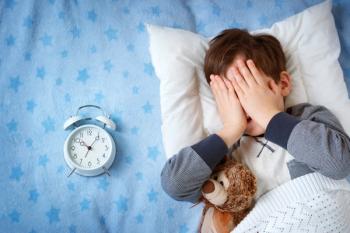
Sleep, depression, and bipolar disorder: what's the connection?
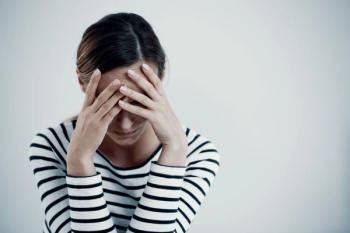
Study also identifies prevalence of specific behavioral addictions in these individuals.

One of our readers disputes the claim that the Goldwater Rule needs changing.

It might be time for an Asian-American Supreme Court Justice.

The experts weighed in on a wide variety of psychiatric issues for the first Psychiatric Times issue of 2022.
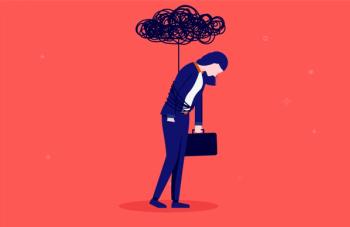
This diverse group of women came together to explore the challenges in treating mental illness in patients who identify as female.

Effective treatment of depression in individuals with comorbid depression and type 2 diabetes mellitus is important for both conditions.
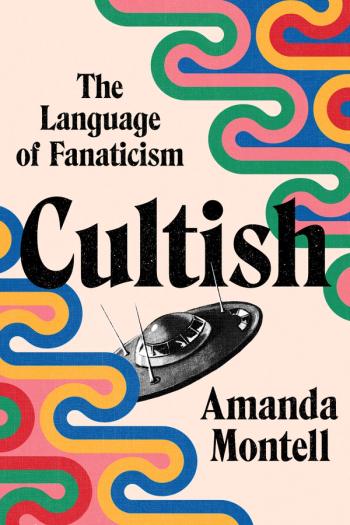
What cultish language do cult leaders and abusive partners both commonly use?
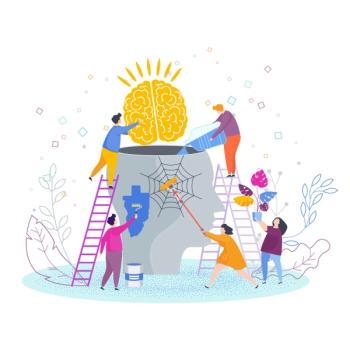
Are social psychiatric problems the responsibility of psychiatrists? Governments? Laws? Sociologists?

Psychiatric Times kicked off 2022 by featuring a wide variety of psychiatric issues and current events throughout January.
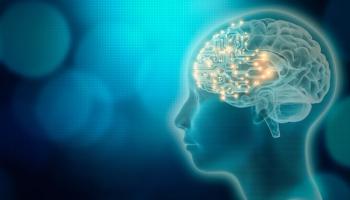
Investigators explored a new way to predict future suicide attempts.


Physician-assisted suicide: the debate continues.

How can knowledge—and positive attitudes—about sleep improve quality of life for patients?

Helping patients is important, but so is a firm sense of physical and psychological safety and security.
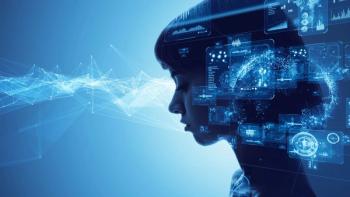
The specialized device is being studied for patients receiving inpatient care for acute myeloid leukemia.

Sleep disturbances in borderline personality disorder are relatively unrecognized.

One Sigourney Award winner discusses the wide reach of his work.
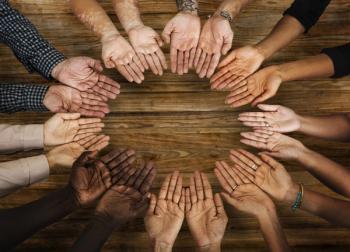
With hate on the rise once more, remember these 10 conclusions.

New research sheds light on the link between depression in menopause and cognitive function.
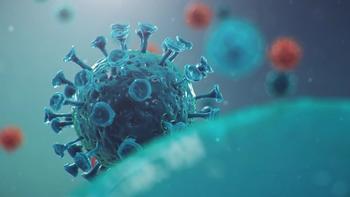
We’re all playing the “viral” game—but how do we win?
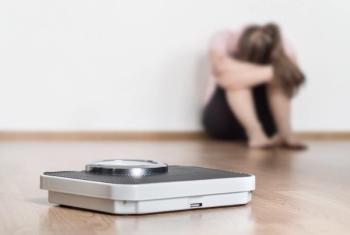
Only 13% to 50% of AN patients are considered recovered 1 to 2 years posttreatment, and 20% to 30% go on to develop a chronic and unremitting course of AN. How can we improve these outcomes?
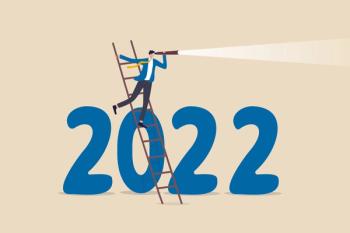
What trends might be expected for health care in 2022?

Research data have implications for prevention programs.

Preparing for all possible outcomes: how caregivers can create a plan to address the logistical, communicative, financial, and legal situations associated with care.
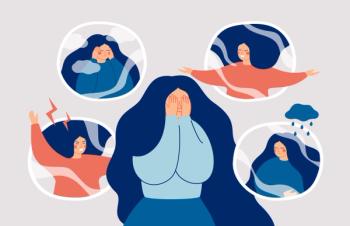
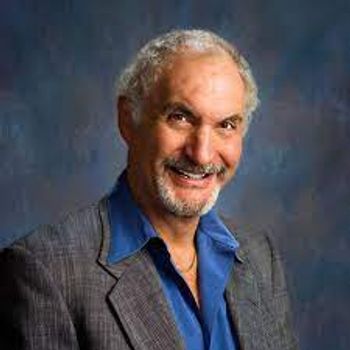
Let’s celebrate the life of the healing, dancing psychiatrist and friend, Carl Hammerschlag, MD.

One doctor encourages you to reflect on your Hippocratic roots when considering physician-assisted suicide.
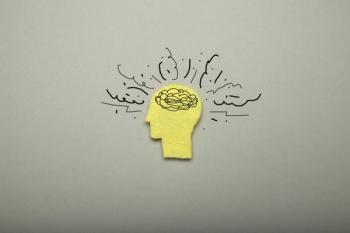
OCD is highly comorbid and warrants consideration in difficult to treat cases. Learn more here.